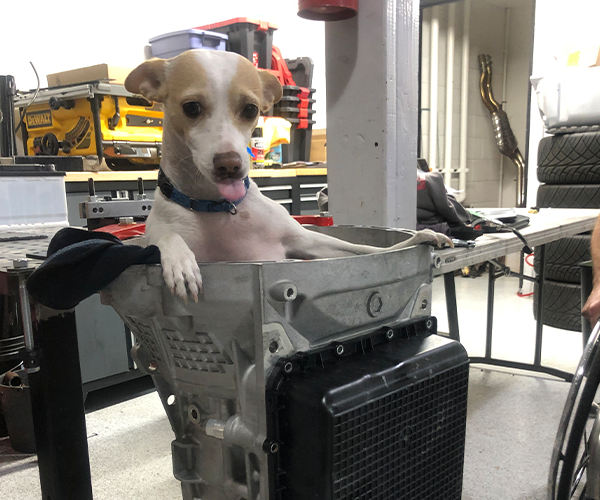Five Of The Most Common Car Care Myths Debunked
Cars are complicated, which means taking care of a car can be complicated too. With the countless parts and systems in your vehicle, it’s difficult to keep up with what needs to be done when, how, and why. Answers on the “proper way” to care for your vehicle aren’t hard to come by, but sometimes this advice can be based on outdated or just plain incorrect information.
In this article, we’ll go over five of the most common automotive myths often spread on the internet or through word of mouth, why they’re wrong, and the proper maintenance steps to take instead.
Premium Fuel = Better
With names like “Plus” and “Premium”, higher grades of fuel can seem like a must if you want to take proper care of your vehicle, right? While the names are enticing for those looking to put only the best quality product in their tank, premium fuel has little to no positive effect on many of vehicles on the road today.
These denotations made at gas stations simply refer to the octane level of the fuel, which is the rating used for the gasoline’s tendency to prematurely ignite. These octane numbers are labeled explicitly on the fuel grade button (i.e. 87, 91, 93. These can vary by area and elevation). As the timing of the engine requires precise air/fuel ignitions, these pre-ignitions can cause significant damage to sensitive engine components like the valves, pistons, bearings, or head gasket.
While this may seem like a good thing to pay a small premium for, this only matters in vehicles that use a high-compression or forced induction (turbocharged or supercharged) motor. Sports cars, luxury vehicles, and other higher-performance applications often require premium fuel to protect against pre-ignition. On the other hand, most commuter vehicles will recommend regular-grade gasoline, since their lower compression engines won’t see much of a difference from higher octane.
Your owner’s manual (or even behind your gas cap) will have the most accurate information on what octane level is best for your vehicle… and your wallet.
Dish Soap Gives The Best Wash
We use dish soap to get all of the nasty stuck-on food bits and bacteria on our plates and silverware, so it must be good enough for your car, right? It’s a bit too good actually.
Automotive paint is covered in an invisible layer of wax or sealant, meant to provide the base paint layer protection from UV and light scratches. Dish soap is so harsh that it can strip away this protective coating, leaving your pristine paint more susceptible to damaging UV rays and road debris.
It’s best to use a soap purpose-made for automotive paint, which can be picked up for cheap at any local auto parts store or supermarket.

You Need to Let Your Engine Warm Up
It’s a common thought that your engine needs a few minutes to warm up after starting the vehicle to reach proper operating temperatures. While this was true in the past, modern vehicles are equipped with systems to regulate engine temperature and are designed to warm up as they drive rather than stationary.
Rolling Down Your Windows is More Fuel Efficient Than A/C
Another prevalent idea that’s been spread far and wide is that rolling down your windows is the more fuel-efficient way to cool your interior compared to air conditioning. This isn’t directly untrue, as not running the A/C will slightly increase your MPG since the air conditioning system is not sapping power from the engine. However, the increased drag and air resistance from the open windows largely (or entirely) cancel out any meaningful improvement.
At the end of the day, just choose whichever you prefer.

You Need Oil Changes Every 3,000 Miles
We’re never going to warn you against proactive services and keeping up on oil changes, however, the idea that you need your vehicle’s oil changes every 3,000 miles no matter what has become increasingly common despite not being completely accurate.
Modern engines and motor oils (full-synthetics specifically) are designed to run for longer, with the average driver only needing an oil service around every 7,500 miles. The 3,000-mile number is more accurate for those who drive short trips often in stop-and-go traffic or use their vehicle for heavy-duty hauling and towing. With that being said, a more frequent oil change interval will not hurt and can help extend the life of the engine.
Vehicle Maintenance in Las Vegas
No matter the service needed, the expert technicians at Red Rock Repair in Summerlin, Las Vegas have the training and equipment to properly take care of any make or model! Our friendly service advisors will walk you through every step of the service process, and all of our repairs are covered by an unmatched 3-year/36,000-mile nationwide warranty so you can have peace of mind wherever you are! Give us a call at (702) 385-7887
Better Service Starts Here!
We know just how impotant it is to have a repair shop you can trust. Red Rock Repair offers a level of service you wont find anywhere else in Las Vegas!
DIRECTIONS (702) 385-7887
